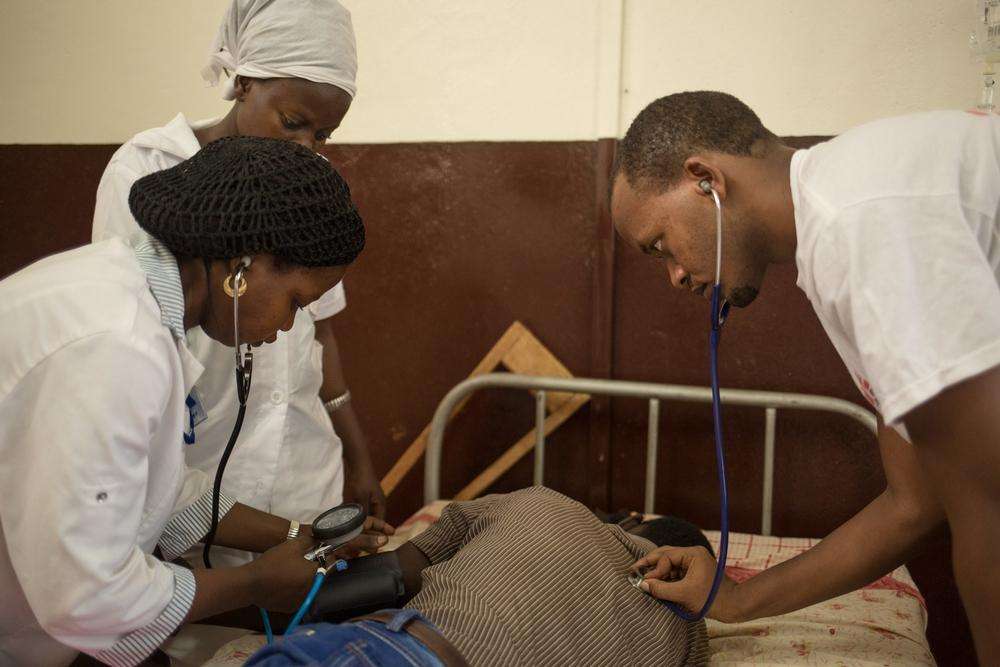"The sustainable development goals (SDGs) adopted with much fanfare just a year ago seek to end HIV, tuberculosis, and malaria by 2030. The replenishment of the Global Fund is the first concrete action taken by the international community since the adoption of these goals, and therefore a first test of the world leaders' will to make them a reality. Failure to reach the relatively modest Global Fund's replenishment target would be a clear message that the SDGs were but empty promises to the millions who, every year, continue to suffer and die from HIV, tuberculosis, and malaria."
—Joanne Liu, Doctors Without Borders/Médecins Sans Frontières international president
Background Information
While notable progress has been made against HIV, tuberculosis, and malaria, the battle is not over. It is critical to accelerate the fight now in order to prevent needless deaths. Business as usual would not be enough to beat the three major killers.
For HIV/AIDS, there is broad agreement on the necessity to fast-track the response, and an additional $7 billion a year is needed in order to implement proven strategies. For regions lagging behind, such as West and Central Africa, to stand a chance to catch up and triple the initiation of people on treatment, support from the Global Fund will be key.
Tuberculosis is an old, curable disease that is increasingly and worryingly changing into resistant strains. New treatment for resistant tuberculosis reaches only 2 percent of those in need. There is currently an astonishing discrepancy between the stated ambitious goals and the slow implementation of an effective response.
Malaria still causes half a million deaths every year and despite overall progress some vulnerable countries are still shouldering a disproportionately high human toll. Emerging drug resistance is threatening gains made and demands increased investments.




